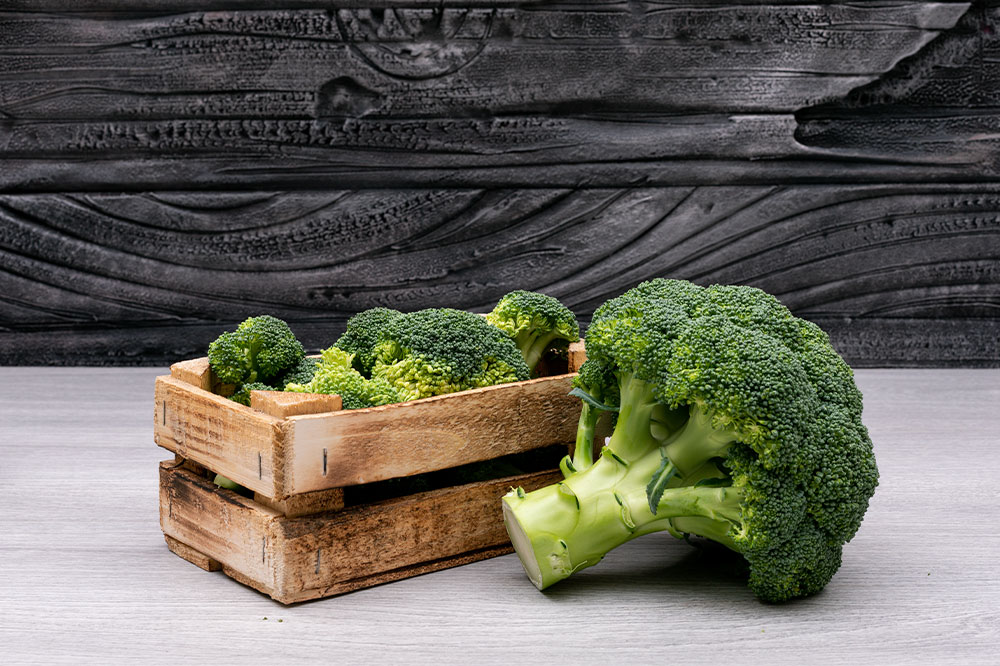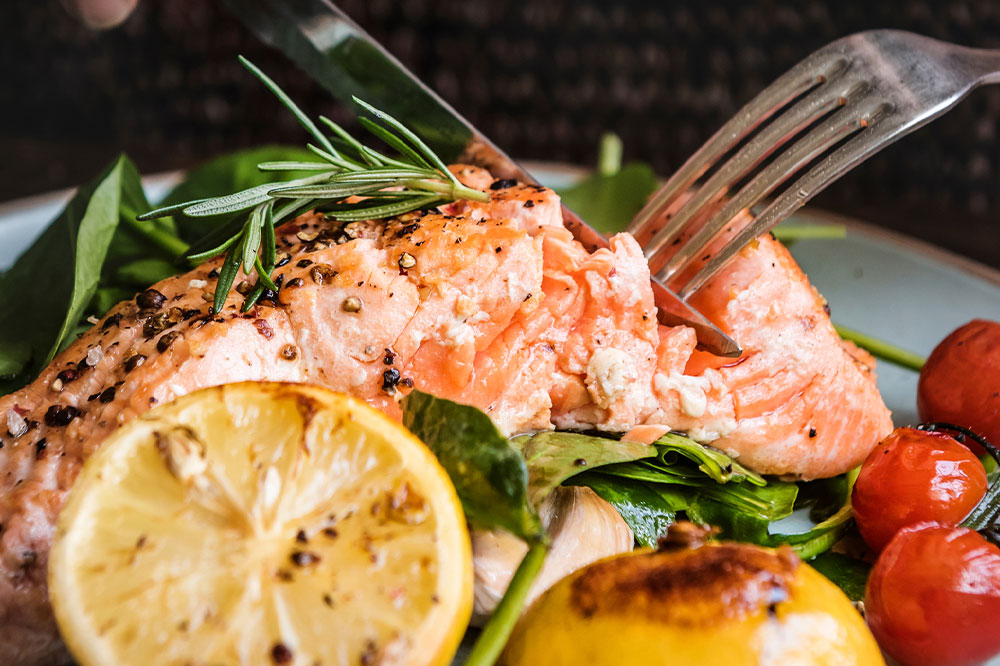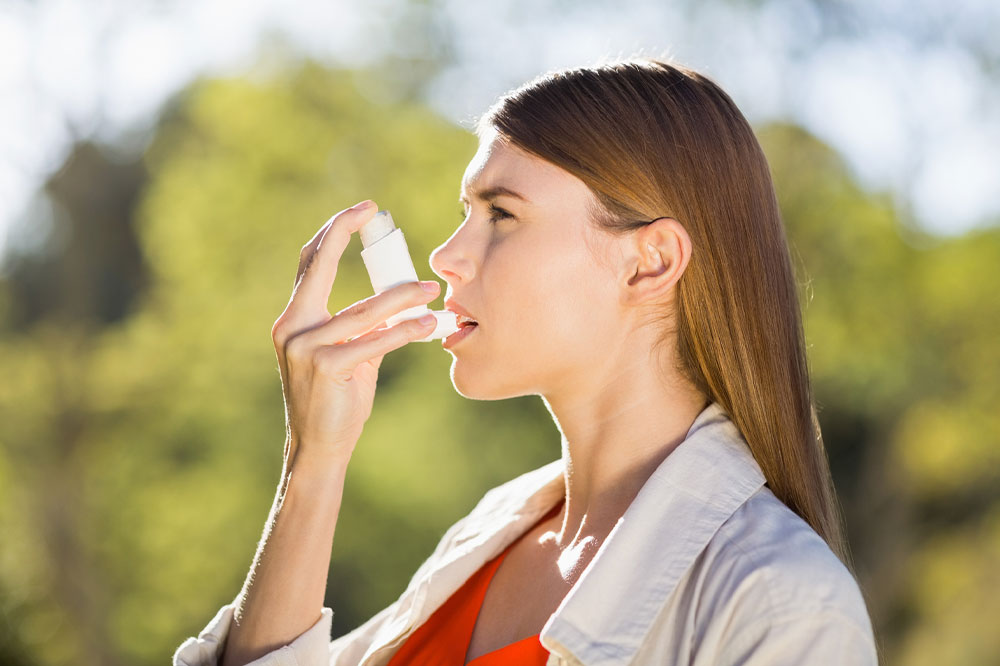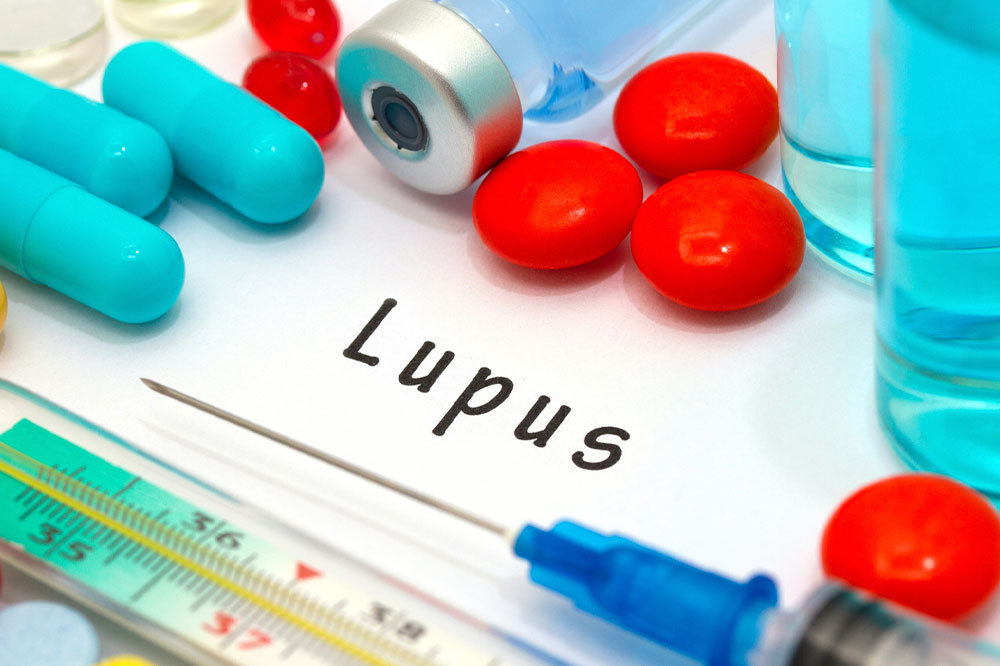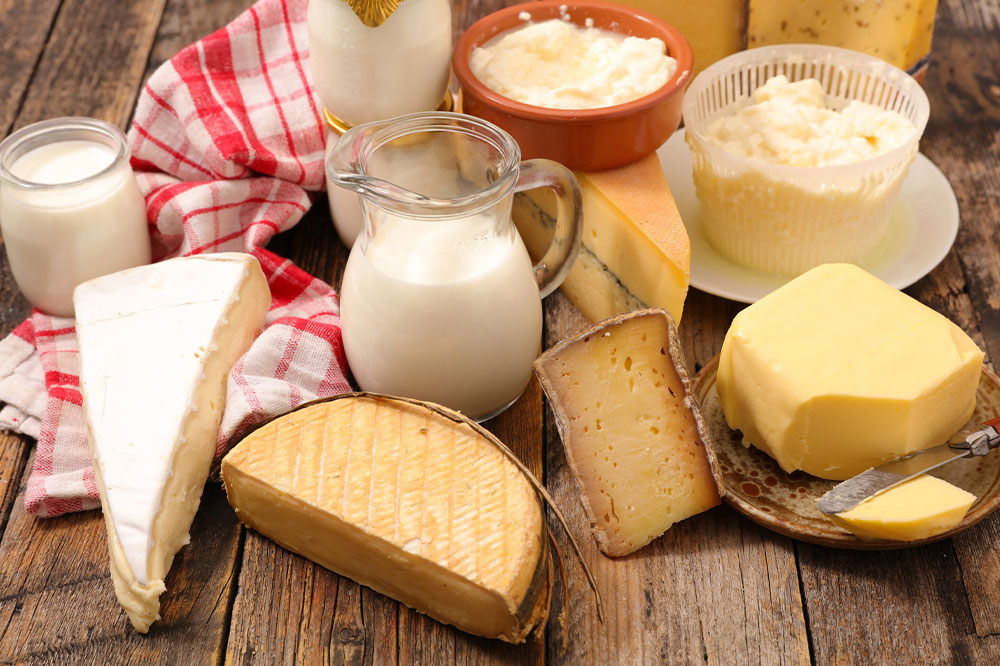14 Foods to Eat for Better Lung Health
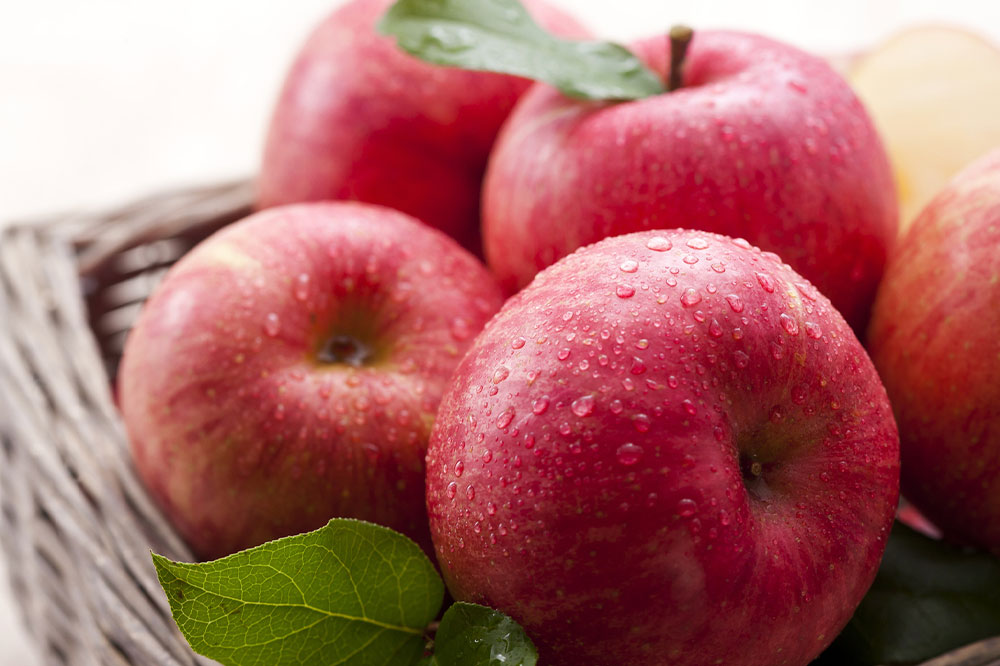
Our lungs play a vital role in the functioning of our body, so it is crucial to care for them. Increased exposure to air pollutants, microbes, and allergens can cause inflammation in the airways and lead to breathing trouble. These pollutants can also increase the risk of severe respiratory problems like asthma and chronic bronchitis. One way to keep the lungs healthy in the long term is to eat foods that help them function better.
Apples
Apples are packed with the antioxidant quercetin, which helps keep the lungs healthy. This red fruit also contains vitamin C, vitamin E, and flavonoids, which promote lung function. People who eat apples regularly have an improved lung capacity and experience a slower decline in lung functioning that occurs naturally with age.
Peppers
Vitamin C is an antioxidant that protects against certain lung diseases like asthma and lung cancer. This vitamin is abundant in red bell peppers, chili peppers, and cayenne peppers. Cayenne peppers, in particular, are also a great source of capsaicin and beta-carotene. One can add these peppers to salads or pasta to benefit from vitamin C and antioxidants.
Beets
This root vegetable is loaded with nitrates, a natural chemical that may support lung health. Nitrates are converted into nitric oxide in the body, which helps relax blood vessels, reduce blood pressure, and improve lung function. Due to these benefits, beets are recommended for people with pulmonary hypertension and breathing difficulty.
Tomatoes
Tomatoes contain lycopene, an excellent source of carotenoids that have numerous health benefits. According to a particular study, adding tomato and tomato products to meals can reduce airway inflammation in individuals with asthma and improve lung function in people with chronic obstructive pulmonary disease. It can also prevent chronic bronchitis from flaring up. Further, eating tomatoes regularly may help slow down the natural decline in lung function that occurs as a person ages.
Blueberries
Blueberries are loaded with nutrients that provide several health benefits, including lung protection. The anthocyanins in them help reduce inflammation in the lungs and protect lung tissue from oxidative damage. Individuals can add fresh blueberries to oatmeal or make a delicious smoothie for breakfast to reap the benefits of this fruit.
Garlic
Garlic, with all its powerful anti-inflammatory properties, is one of the best foods for easing breathing difficulties. Adding garlic to everyday meals helps eliminate toxins from the lungs. According to a study published in the Cancer Prevention Research journal, eating raw garlic two times a week has been linked to a reduced risk of lung cancer.
Leafy green vegetables
Dark leafy green veggies like Swiss chard, kale, and spinach contain antioxidants and phytochemicals that safeguard the lungs. Including these dark leafy green vegetables in the nutrition regimen can help protect against inflammation and lower the risk of lung cancer.
Seeds
Seeds, such as flaxseeds, pumpkin seeds, and sunflower seeds, contain magnesium, a mineral essential for healthy lung functioning. Adding these seeds to meals can help reduce damage to lung tissues in people with asthma or those dealing with chronic bronchitis flare-ups.
Green tea
Green tea has many potential benefits. Sipping on it twice daily helps clear out toxins, protects the lung tissue from damage, and naturally cleanses and heals the lungs. Moreover, the anti-inflammatory compounds like catechin present in it can help manage pulmonary conditions like asthma and chronic bronchitis flare-ups.
Walnuts
Walnuts make for a great snack and are one of the best foods that promote lung function and better breathing. These nuts are packed with omega-3 fatty acids, which potentially reduce lung inflammation while improving breathing. Eating walnuts every day can also help the body combat many lung infections.
Lentils and beans
Beans and lentils have essential minerals, including magnesium, iron, copper, and potassium, which are necessary for lung function and the body’s overall health. Beans, peas, and lentils are also rich in fiber, another nutrient for better lung function. Adding these foods to meals can help prevent respiratory diseases.
Coffee
One of the best beverages for lung health, coffee has caffeine and antioxidants. Caffeine helps relax the muscles of the lungs and widens the airways, making breathing easier. This makes coffee suitable for people with asthma, who often suffer from difficulty breathing. However, one must drink coffee in moderation. Excess caffeine in the body can lead to insomnia, headaches, restlessness, and other problems.
Ginger
Ginger has anti-inflammatory properties that help eliminate pollutants from the lungs. It also helps remove mucus from the nasal passages and lungs, making breathing easier. One can eat raw ginger or drink ginger tea to reduce inflammation, relieve congestion, and relax the airway muscles.
Turmeric
Curcumin in turmeric benefits healthy lungs, thanks to its lung-cleansing activity and immunity-boosting properties. Turmeric may help reduce congestion and inflammation in the respiratory tract. One can consume raw turmeric or add a pinch of turmeric powder to dishes to keep the lungs working properly.
Besides adding these foods to the meals, individuals should drink sufficient water. Dehydration can impact the lungs, making them more prone to irritation and increased inflammation. On the other hand, water can thin the mucus created by the lungs, helping a person breathe easily. Individuals should aim to drink at least six to eight glasses of water to ensure healthy lungs. However, the required intake can vary from person to person depending on various factors like a person’s age and activity levels.
A nutrient-rich meal plan can not only support lung health and prevent breathing issues but also improve overall well-being. So, one may include the above lung-friendly foods in their meal plan to fight inflammation and keep the lungs happy. However, it is advisable to consult a healthcare expert before making any changes to the nutrition routine.

